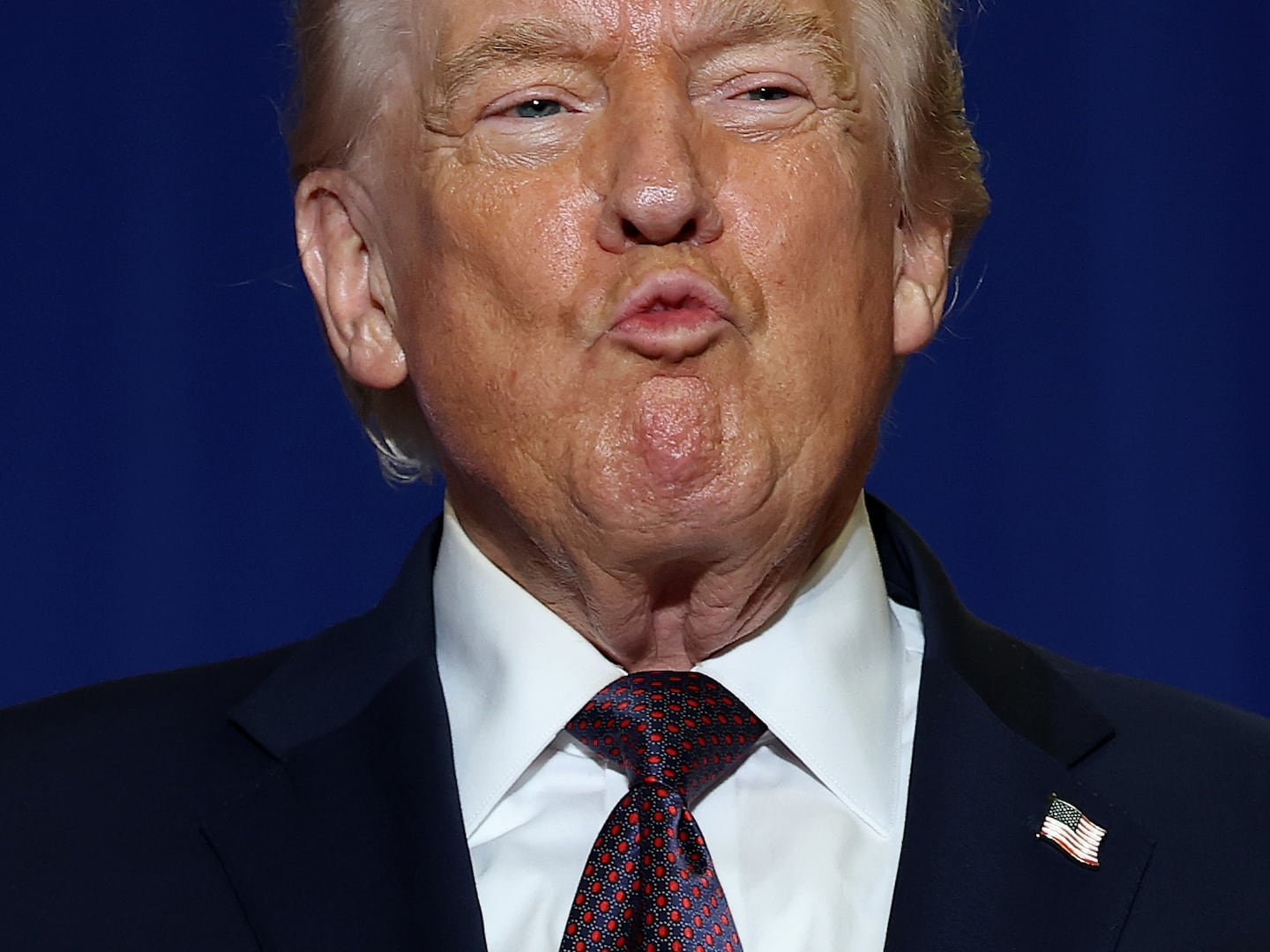Former Deputy Attorney General Rod Rosenstein said Monday that ex-FBI lawyer Lisa Page should not blame the Department of Justice for the abuse she has suffered at the hands of Donald Trump and his allies.
Rosenstein’s comments come in response to an exclusive interview with Page by Daily Beast contributor Molly Jong-Fast, in which Page blasted the Justice Department for making public texts between her and agent Peter Strzok.
Page alleged the messages—in which Page and Strzok, who were having an affair, belittled then-candidate Donald Trump—were chosen and released for political impact. Trump went on to publicly ridicule the “lovers” over and over again in the two years since their release.
In a statement to The Daily Beast, Rosenstein said that there was no political motive to the disclosure and that he had no choice but to release the texts, which had been the subject of an Inspector General’s investigation into possible political bias.
“To the best of my knowledge, career Department of Justice officials determined in December 2017 that those text messages were NOT personal,” he wrote. “They were official government records related to FBI business and there was no legal basis to withhold them, so they should be released as requested by Congress.”
Rosenstein said the IG’s office had “no objection” to releasing the messages.
“I consistently defended the right of Department of Justice employees to express political opinions and even make political contributions,” he continued. “However, the Inspector General concluded that the FBI employees ‘demonstrated extremely poor judgment and a gross lack of professionalism’ by exchanging messages that ‘appeared to mix political opinions with discussions about the [Hillary Clinton email] and Russia investigations, raising a question as to whether Strzok’s and Page’s political opinions may have affected investigative decisions.’”
“Ms. Page received more opprobrium than she deserved for her mistakes,” he added. “But the Department of Justice is not to blame.”
In her interview, Page says the release of the text messages destroyed life as she knew it, driving her out of the FBI and making her a Trump rally punchline.
“It’s like being punched in the gut. My heart drops to my stomach when I realize he has tweeted about me again. The president of the United States is calling me names to the entire world. He’s demeaning me and my career. It’s sickening,” she said.
“But it’s also very intimidating because he’s still the president of the United States. And when the president accuses you of treason by name, despite the fact that I know there’s no fathomable way that I have committed any crime at all, let alone treason, he’s still somebody in a position to actually do something about that. To try to further destroy my life. It never goes away or stops, even when he’s not publicly attacking me.”
Her complaints apparently fell on deaf ears at the White House. In an apparent reaction to The Daily Beast story, Trump tweeted about Page on Monday afternoon.
“When Lisa Page, the lover of Peter Strzok, talks about being ‘crushed’, and how innocent she is, ask her to read Peter’s “Insurance Policy” text, to her, just in case Hillary loses,” he wrote. “Also, why were the lovers text messages scrubbed after he left Mueller. Where are they Lisa?”
The text Trump referred to was from Strzok to Page and read: “I want to believe the path you threw out for consideration in Andy’s office—that there’s no way he gets elected—but I’m afraid we can’t take that risk. It’s like an insurance policy in the unlikely event you die before you’re 40…”
While Trump and his allies have claimed this is proof of a “deep-state” conspiracy against him, Page and Strzok have testified that it actually referred to Strzok’s belief the Russia investigation should be on the fast-track and not put on a slow burn because it appeared unlikely, at that point, that Trump would win.
Trump has also alleged that text messages from Page and Strzok were deliberately erased because, he said, they would have discredited Robert Mueller’s Russia investigation. Politifact reported that an outside expert hired by the Justice Department inspector general found technical glitches likely accounted for the missing messages.








